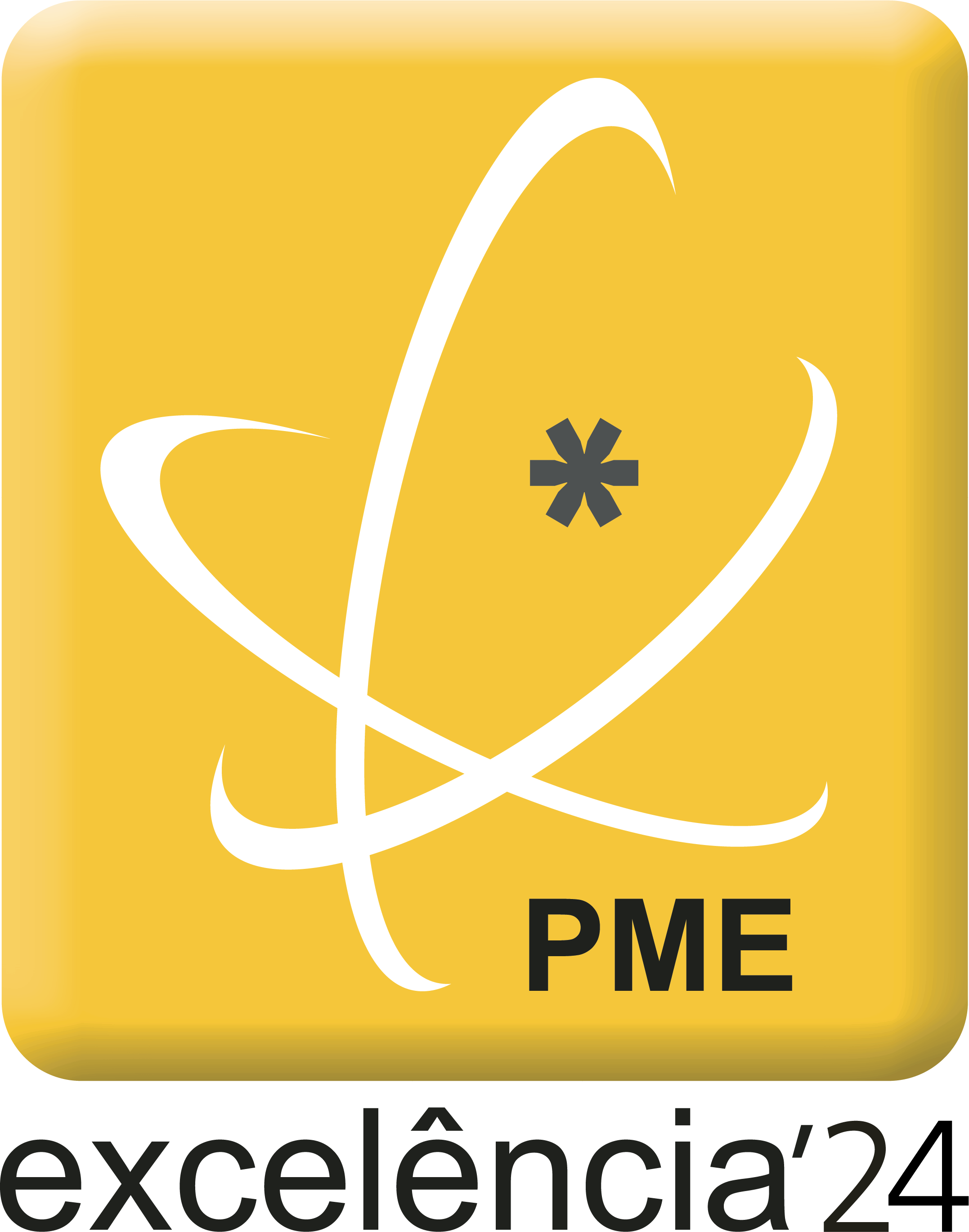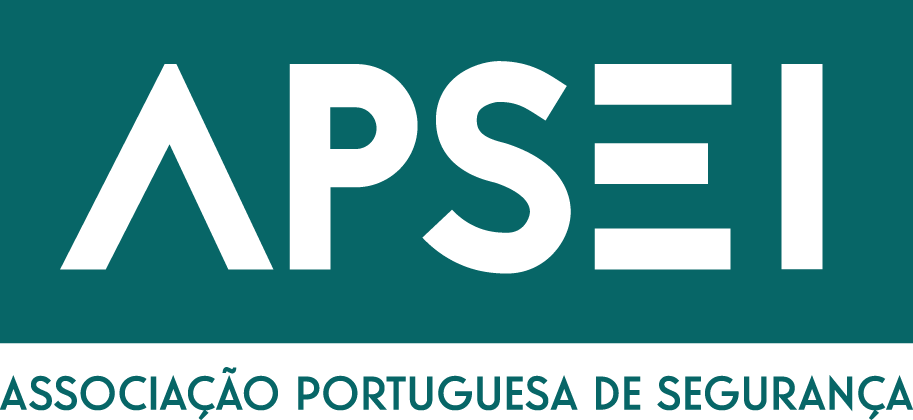Authorisation for the provision of external services of Occupational Health

Law number 3/2014, of 28 January, which proceeds with the second amendment of Law number 102/2009, of 10 September, relative to the legal system for the promotion of occupational safety and health, stipulates that entities which intend to exercise activities of external provision of services, whether concerning occupational safety or health, must apply for the respective authorisation from the public administration. This authorisation can be granted for one or both areas of safety and health. The Directorate-General for Health (DGS) is responsible for assessing and granting authorisation in the case of exercise of activity concerning occupational health.
The authorisation of the aforesaid external services of occupational health, granted by the Director-General for Health implies the prior procedural analysis and the inspection of the applicant entity after payment of the legally due rates.
The authorisation decision of SIPRP was granted on 3 May 2011, by order of the Director-General for Health, under number 063/2011, covering activity in the industrial, trade and services sectors and the following high risk activities:
- Work in construction sites, excavation, earthworks, tunnels, with risks of falls from a height or burial, demolitions and interventions in railways and roads without traffic interruption;
- Activities that involve the use or storage of significant quantities of hazardous chemical products capable of causing serious accidents;
- Activities that imply exposure to agents which are carcinogenic, mutagenic or toxic to reproduction;
- Activities that imply exposure to biological agents of group 3 and 4;
- Work that involves risk of exposure to silica.
At the end of 2013, SIPRP requested the inclusion of a new high risk activity, which was granted by the Director-General for Health, under number 388/2013:
- Activities that involve contacts with medium and high voltage electric current.
Authorisation for the provision of external services of Occupational Safety

Law number 3/2014, of 28 January, which proceeds with the second amendment of Law number 102/2009, of 10 September, relative to the legal system for the promotion of occupational safety and health, stipulates that entities which intend to exercise activities of external provision of services, whether concerning occupational safety or health, must apply for the respective authorisation from the public administration. This authorisation can be granted for one or both areas of safety and health. The Authority for Working Conditions (ACT) is responsible for assessing and granting authorisation in the case of exercise of activity concerning occupational safety.
The authorisation of the aforesaid external services of occupational safety, granted by the Inspector-Directorate General for Labour, implies the prior procedural analysis and the inspection of the applicant entity after payment of the legally due rates.
The authorisation decision of SIPRP was granted on 1 March 2011, by order of the Inspector-Directorate General for Labour under number 330210211, covering activity in the industrial, trade and services sectors and the following high risk activities:
- Work in construction sites, excavation, earthworks, tunnels, with risks of falls from a height or burial, demolitions and interventions in railways and roads without traffic interruption;
- Activities that involve the use or storage of significant quantities of hazardous chemical products capable of causing serious accidents;
- Activities that imply exposure to agents which are carcinogenic, mutagenic or toxic to reproduction;
- Activities that imply exposure to biological agents of group 3 and 4;
- Work that involves risk of exposure to silica.
At the end of 2014, SIPRP requested the inclusion of two new high risk activities, which was granted by the Inspector-Directorate General for Labour, under number 68.14.2.11.14:
- Activities that involve contacts with medium and high voltage electric current;
- Production and transport of compressed, liquefied or dissolved gases, or their significant use.
SME Excellence

The SME Excellence Statute was created by IAPMEI (Agency for Competitiveness and Innovation) for the purpose of indicating, through an instrument of reputation, the merit of small and medium-sized enterprises with superior performance profiles, in partnership with Turismo de Portugal, I.P. and one of the main banks operating in the market.
he SME Excellence Statute is incorporated in an IAPMEI company qualification programme, which seeks to confer a high reputation and optimise conditions for the financing and competitive reinforcement of the SME Leader segment, companies with superior risk profiles that due to their growth strategies constitute important leverages of the country's economic development.
Associated to the Statute are conditions of greater facility in access to credit, better conditions for financing and acquisition of products or services, facilitation in relations with the banking system and public administration, and a quality certificate in the company's relations with the market.
The SME Excellence selection is made annually from the universe of SME Leader, creating an instrument of additional visibility for the group of companies that are highlighted every year due to the best results.
The SME Excellence Statute was attributed to SIPRP in 2012, 2022 and 2024.
SME Leader

The SME Leader Statute is a seal of company reputation, created by IAPMEI to distinguish the merit of national SME with superior performance, and is attributed in partnership with Turismo de Portugal and the group of Partner Banks, based on the best ratings and economic and financial indicators.
A series of benefits are associated to the Statute, such as access to better conditions to financial products and a network of services, facilitation in relations with the banking system and a quality certificate for companies in their relations with the market.
Stimulating the efficiency of the banking intermediation process and boosting the enlargement of the capital market to cover intermediate sized companies are also part of the objectives of this programme.
The SME Leader Statute was granted to SIPRP in 2011, 2012, 2013, 2014, 2015, 2016, 2021, 2022, 2024 and 2025.
GRACE - Reflection and Support to Business Citizenship Group

In February 2000 by a group of companies interested in deepening the role of the business sector in social development, GRACE is a pioneer association, non-profit making and exclusively dedicated to the promotion of Corporate Social Responsibility. GRACE involves over 100 companies, of the most varied dimensions and activity sectors, dedicated to intensifying the role of companies in the social development of people and organisations, sharing the mission that has long been undertaken: reflecting, promoting and developing corporate social responsibility in Portugal.
SIPRP has been a member of GRACE since December 2011 and the entire team has participated in various solidarity actions:
- AMI Foundation - Forestry Cleaning in Cabeço de Montachique Municipal Park, in Loures (2012);
- ServeTheCity - Community Dinner for the Homeless (2012 and 2013);
- União Zoófila - General warehouse recovery (2012);
- Porto Salvo Parish and Social Centre - Painting of the rooms of the Child Care Facilities (2013).
APSEI (Portuguese Safety and Security Association)

APSEI is the institutional representative of the Electronic Safety, Occupational Safety and Protection against Fire companies in Portugal.
APSEI's intervention in the market has taken place in the context of the defense of the legitimate interests of Safety and Security companies and professionals, in particular through permanent dialogue with State Authorities and public institutions.
From the search for the best solutions for the sector's problems, involving the hearing of opinions and specific problems of entrepreneurs and technical personnel, and including a multiplicity of exclusive services, APSEI offers an important additional benefit to its members.
SIPRP has been a member of APSEI since the end of 2014, under number 362. SIPRP is also part of NAST (Autonomous Centre for Safety at Work).
Portuguese Charter for Diversity

SIPRP is a pioneer signatory to the Portuguese Diversity Charter, a European Union initiative and one of the voluntary instruments created with the aim of encouraging employers to implement and develop internal policies and practices that promote diversity.
Equal Pay Seal 2024

CITE - Commission for Equality in Work and Employment awarded SIPRP the “2024 Equal Pay Seal” for its good practices in promoting equal pay between women and men for equal work or work of equal value.

